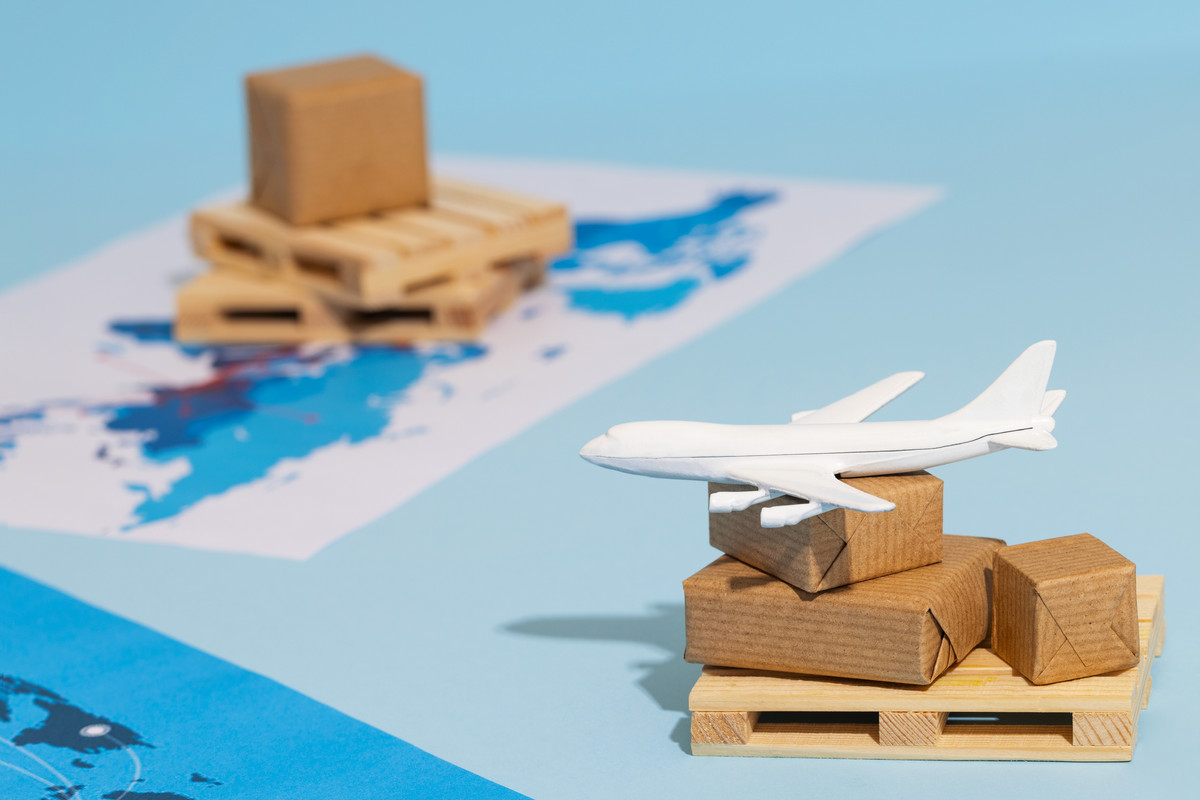
Defining Tariffs
Trade tariffs are government-imposed levies on foreign goods. They are primarily used to control imports and safeguard local markets. By raising prices for foreign goods, nations can promote domestic production.Tariffs change by goods category, country of origin, and trade agreements. For businesses bringing in goods, this means understanding the HS code of your product is crucial. Being aware about agreements or disputes is equally important, as they can affect tax rates.
Understanding Duties
Customs duties are a subset of tariffs but are often associated with targeted taxes. For example, antidumping duties may apply to underpriced goods, while countervailing duties target subsidized imports in their source country. These regulations aim to create equity for domestic producers.Understanding duties involves more than adding up fees—it also means understanding the rules for valuation. Most jurisdictions use the declared price (the price paid for goods) to determine import fees. However, extra costs like insurance, transport fees, or licensing fees might also factor into the duty assessment.
Import Taxes Demystified
Once your goods are approved for entry, you’ll face import taxes such as sales tax or GST. These taxes are commonly charged as a percentage of the overall cost of the goods, including duties. Unlike trade taxes and duties, which serve regulatory purposes, import fees are meant to raise funds for the host nation.For example, the European Union charges VAT on most imports, and the percentage varies by country. Similarly, nations like Australia apply GST on foreign merchandise. Some governments also levy additional excise taxes on certain goods like alcohol, cigarettes, or luxury goods.
Importing Tips
- Conduct Detailed Research: Before placing an order, check the applicable tariffs, customs fees, and import fees for your product and its source nation.
- Use Trade Agreements: Find out whether a trade pact exists between your nation and the exporting nation. FTAs can eliminate or eliminate tariffs for certain goods.
- Engage Professionals: Engage import specialists or trade consultants to ensure accurate documentation.
- Plan for Costs: Include all import-related costs into your budgeting process to prevent unexpected expenses.
The Bottom Line
Understanding tariffs, duties, and taxes is more than just a cost analysis—it’s a critical aspect of streamlining operations. By being proactive about Customs Brokerage, you can minimize costs, stay compliant, and streamline your operations. Don’t forget, knowledge is power in the dynamic world of global commerce. Equip yourself with tools to succeed, and enjoy growth in global markets.